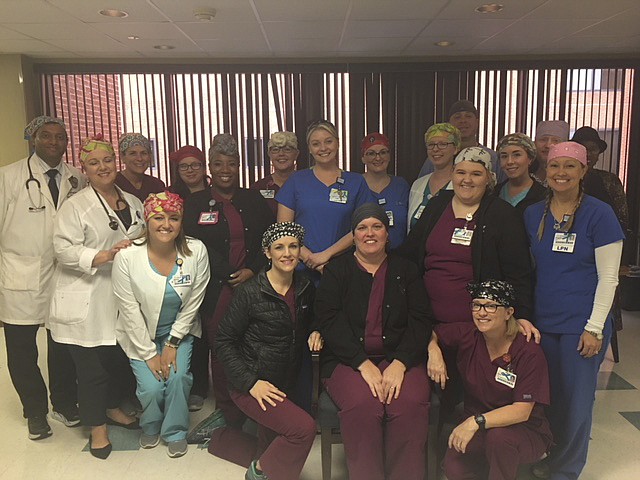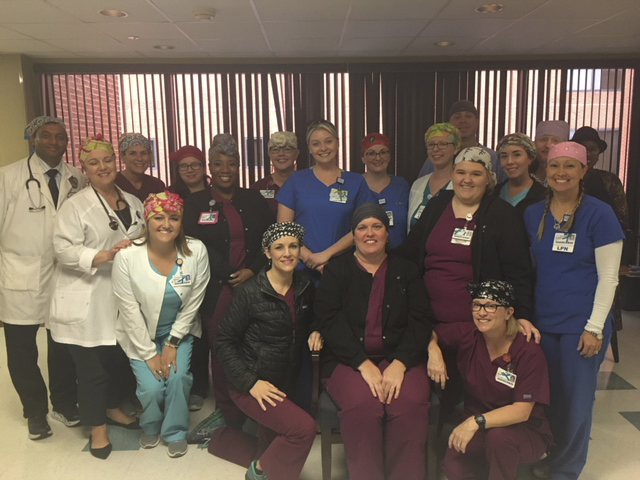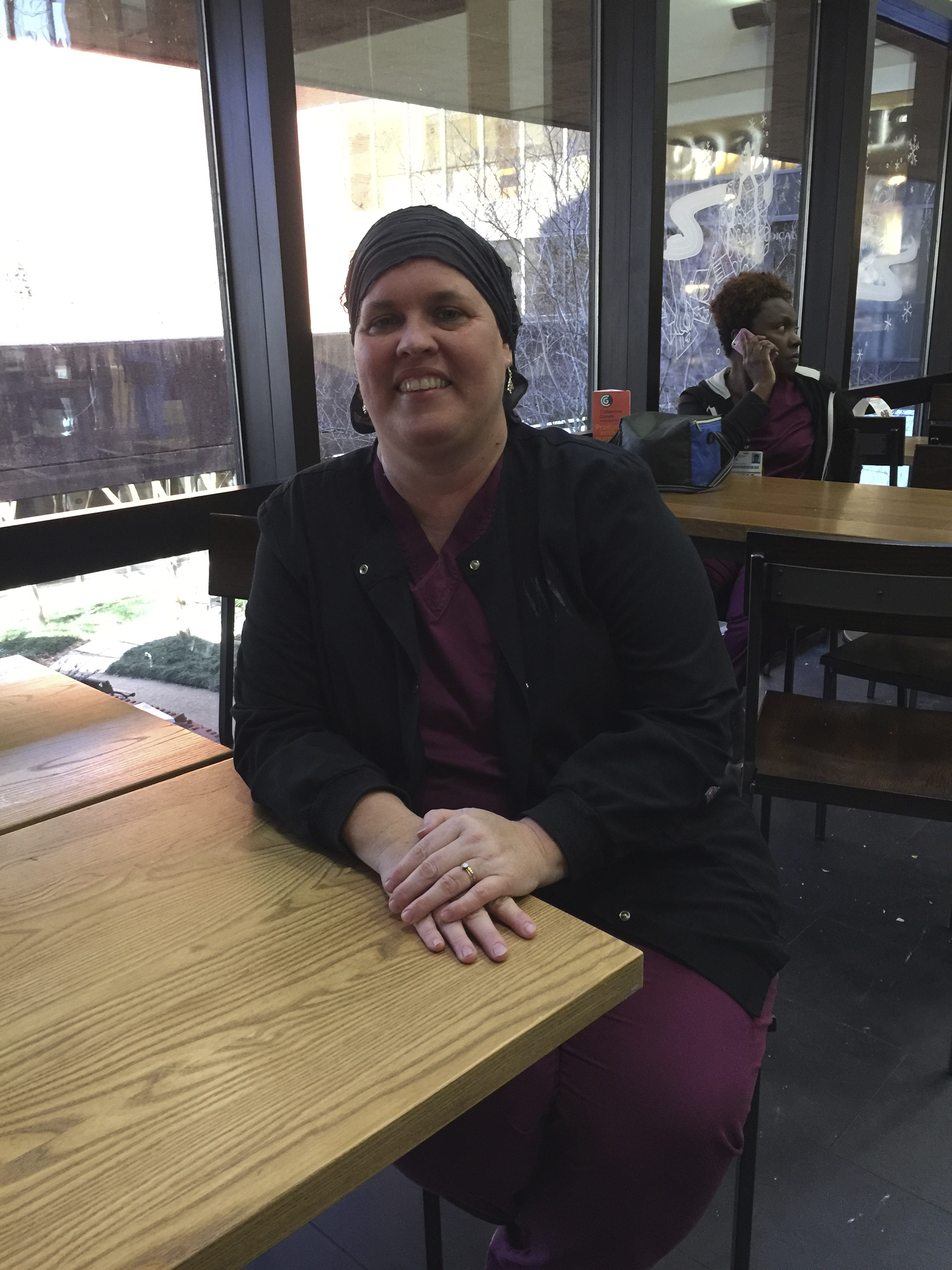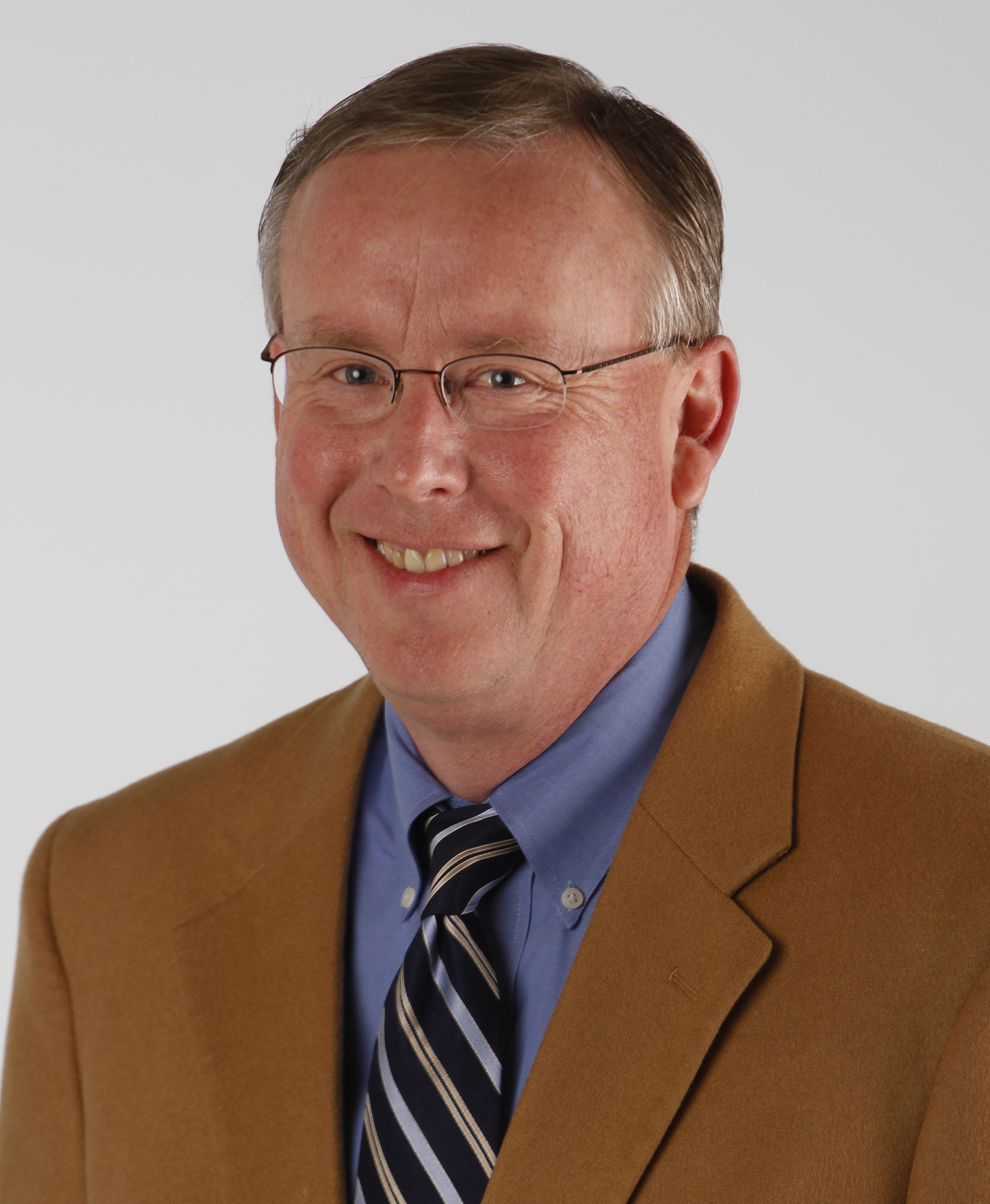Peer pressure has great power.
Wendy Nolan, a 43-year-old medical assistant at UT Erlanger Oncology, should know.
Some of Nolan's friends in the office where she has worked for 17 years pestered her to take a test designed to uncover a genetic mutation that signals a raised risk for ovarian cancer.
Nolan, of Whitwell, Tenn., was dubious at first. Some things you just don't want to know.
But friends knew about Nolan's family medical history - her mother's earlier bout with breast cancer, a cousin with breast cancer, another cousin with melanoma. Treating cancer patients all day as they do at the UT Erlanger Oncology practice, Nolan's friends persisted.
View other columns by Mark Kennedy
The co-workers would say, "'You need to get it done,'" Nolan recalls, referring to the BRCA test to check a patient's DNA for cancer markers.
Eventually, she agreed, and when the test came back positive, Nolan immediately made an appointment with a doctor to talk about having a hysterectomy, a common precaution for women with elevated risk of ovarian cancer.
In the meantime, she got some troubling news on another front. Her mother, 65-year-old Kay Kilgore, also of Whitwell, was diagnosed with Stage III ovarian cancer, Nolan says.
Suddenly, the danger seemed more clear and present.
After her hysterectomy, Nolan went in for a follow-up visit to her doctor and got some unfortunate news of her own.
"During the hysterectomy, they found [and removed] a small tumor," about 1.9 millimeters, in her fallopian tubes, Nolan says.
The doctor said she was lucky. "A year from now, it could have been a lot bigger," she says.
Still, the weight of a double-diagnosis of ovarian cancer in her immediate family was tough to take. Both she and her mom would be in chemotherapy at the same time.
In short order, Nolan had to break the news to her adult daughters that both their mother and grandmother would be battling cancer.
"When it hits you, it's like, 'I'm going to be trying to take care of her and me, too,'" Nolan said.
Friends and neighbors began to take notice of the family's misfortune and rallied support. In Whitwell, friends sold barbecue plates to help Kilgore with her medical bills, Nolan says. Meanwhile, Nolan's friends at work all donned headscarves one day in a show of solidarity. When she went for her chemo treatment, the workers there had on scarves, too.
"I wanted to cry," she says of the shows of support.
Nolan is about halfway through her chemo treatments and her prognosis is good, she says. She has her chemo sessions on Thursdays and feels zonked a few days later, usually on Mondays, she says.
The ordeal has given her a better appreciation for the hardships faced by the cancer patients that flow through her office each day, Nolan says.
"You don't think about all the symptoms - the bad days and good days - until you go through it yourself," she said.
Now, she is an unabashed advocate of the BRCA test that flagged her cancer risk early.
"I would absolutely recommend it," she says. "It saved me ... "
Contact Mark Kennedy at mkennedy@timesfreepress.com or at 423-757-6645.



